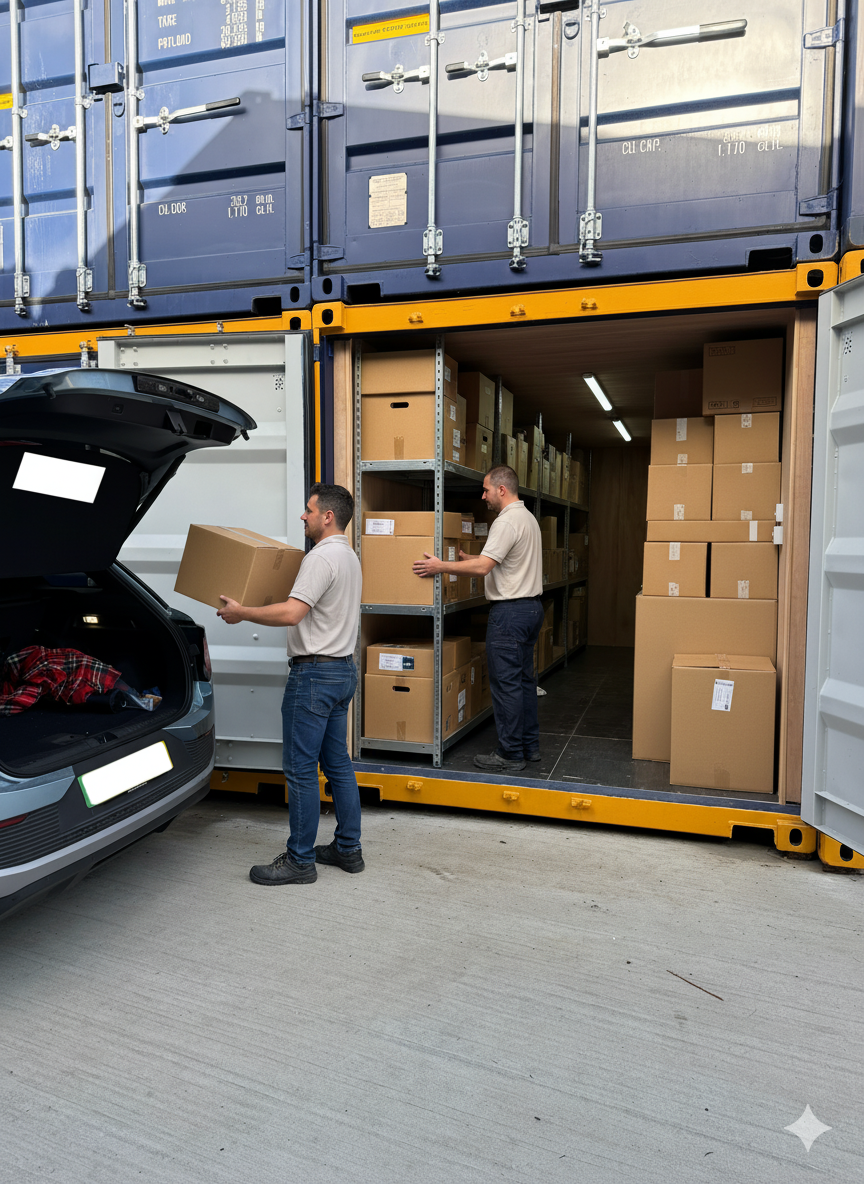
HOW TO PROPERLY STORE AND PROTECT YOUR ARCHIVED DOCUMENTS
In today's world, many businesses and individuals rely heavily on digital storage solutions for their documents. However, physical documents are still an essential part of many industries, especially those that require record-keeping or compliance. These physical documents, also known as archived documents, need to be stored and protected properly to ensure their longevity and accessibility. In this blog post, we'll discuss some best practices for storing and protecting your archived documents.
Choose the Right Storage Facility
The first step in proper document storage is choosing the right storage facility. When selecting a facility, look for one that specialises in document storage andoffers the necessary features to protect your documents. A good storage facility should have a controlled environment that minimises fluctuations in temperature and humidity. It should also have a robust security system in placeto prevent theft and unauthorised access.
Organise Your Documents
Proper organisation is key to efficient document storage. It will help you locate your documents quickly and easily, as well as prevent loss or damage. You can organise your documents by category, date, or alphabetical order. You may also want to consider digitising your documents for easy access and to reduce physical storage needs.
Use Quality Storage Materials
Using quality storage materials is essential for protecting your archived documents. For example, acid-free boxes and folders can help prevent the deterioration and yellowing of paper over time. Additionally, archival-grade storage materials are designed to protect your documents from environmental factors such as light, moisture, and dust.
Label Your Boxes and Folders
Labelling your boxes and folders is an essential part of proper document storage. Clear and concise labelling can help you locate your documents quickly and prevent them from being misplaced. It's also a good idea to include additional information, such as the date range or category of documents in each box or folder.
Implement Document Retention Policies
Document retention policies help ensure that you are storing only the necessary documents and discarding those that are no longer needed. Having a clear document retention policy in place can help reduce storage costs and the risk of unauthorised access to sensitive documents.
Regularly Monitor Your Documents
Regularly monitoring your archived documents can help prevent damage or loss. You should perform periodic checks to ensure that your documents are still in good condition and that there are no signs of deterioration or damage.
In conclusion, proper document storage is essential for the longevity and accessibility of your archived documents. Choosing the right storage facility, organising your documents, using quality storage materials, labelling your boxes and folders, implementing document retention policies, and regularly monitoring your documents are all important steps in proper document storage. By following these best practices, you can ensure that your archived documents are properly protected and easy to access when you need them. To find out more about the Archive storage services we offer, contact us.








